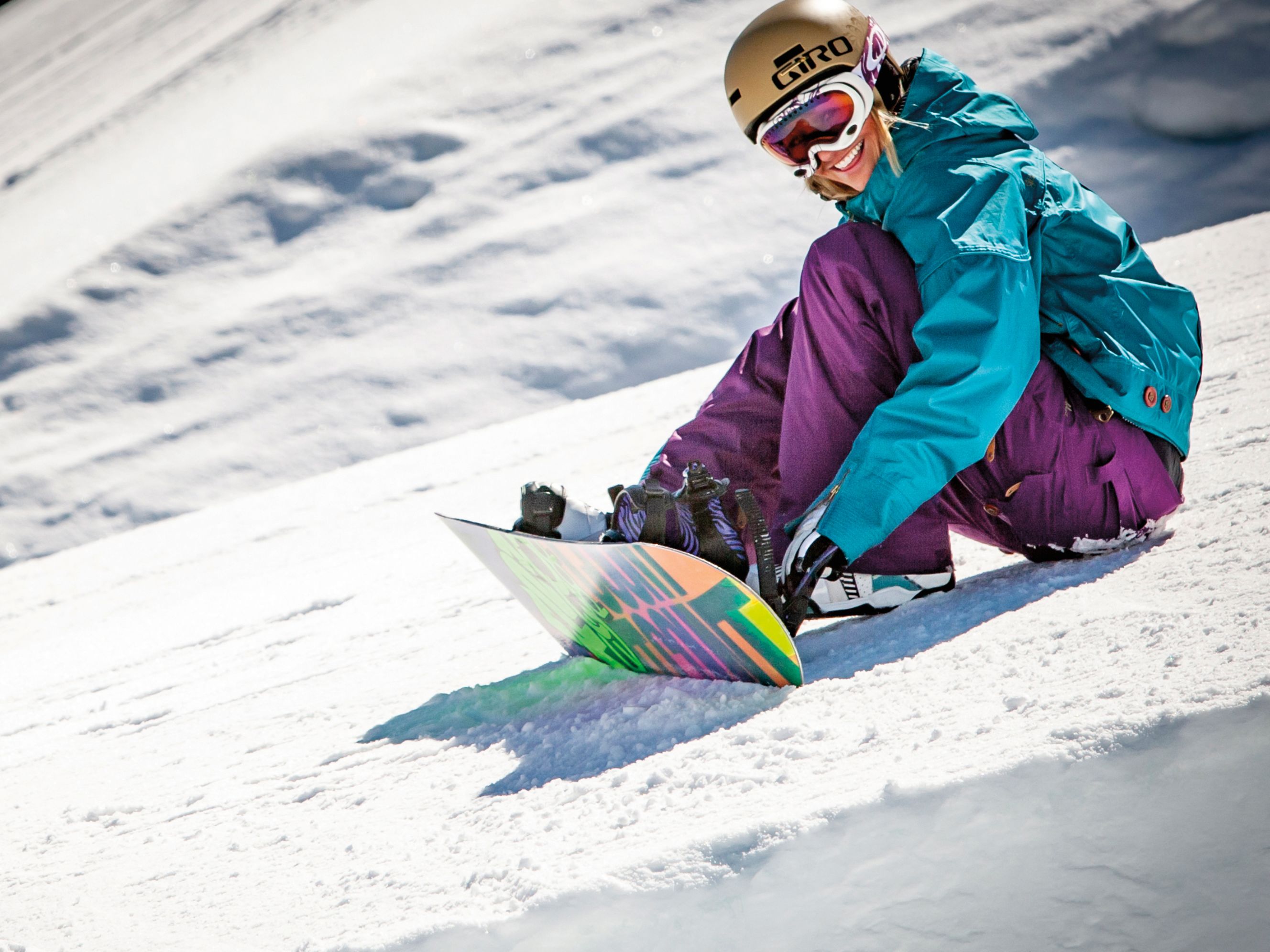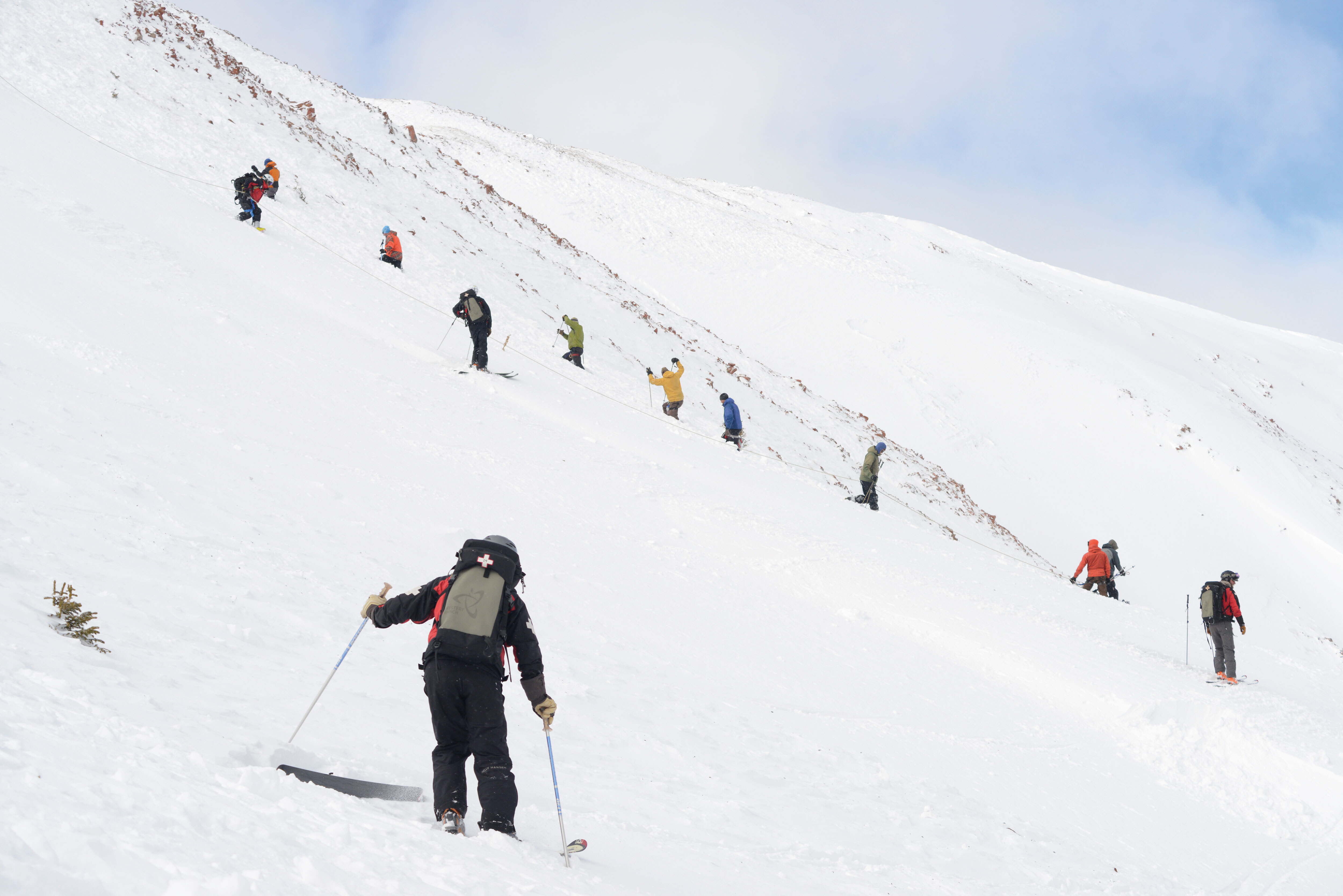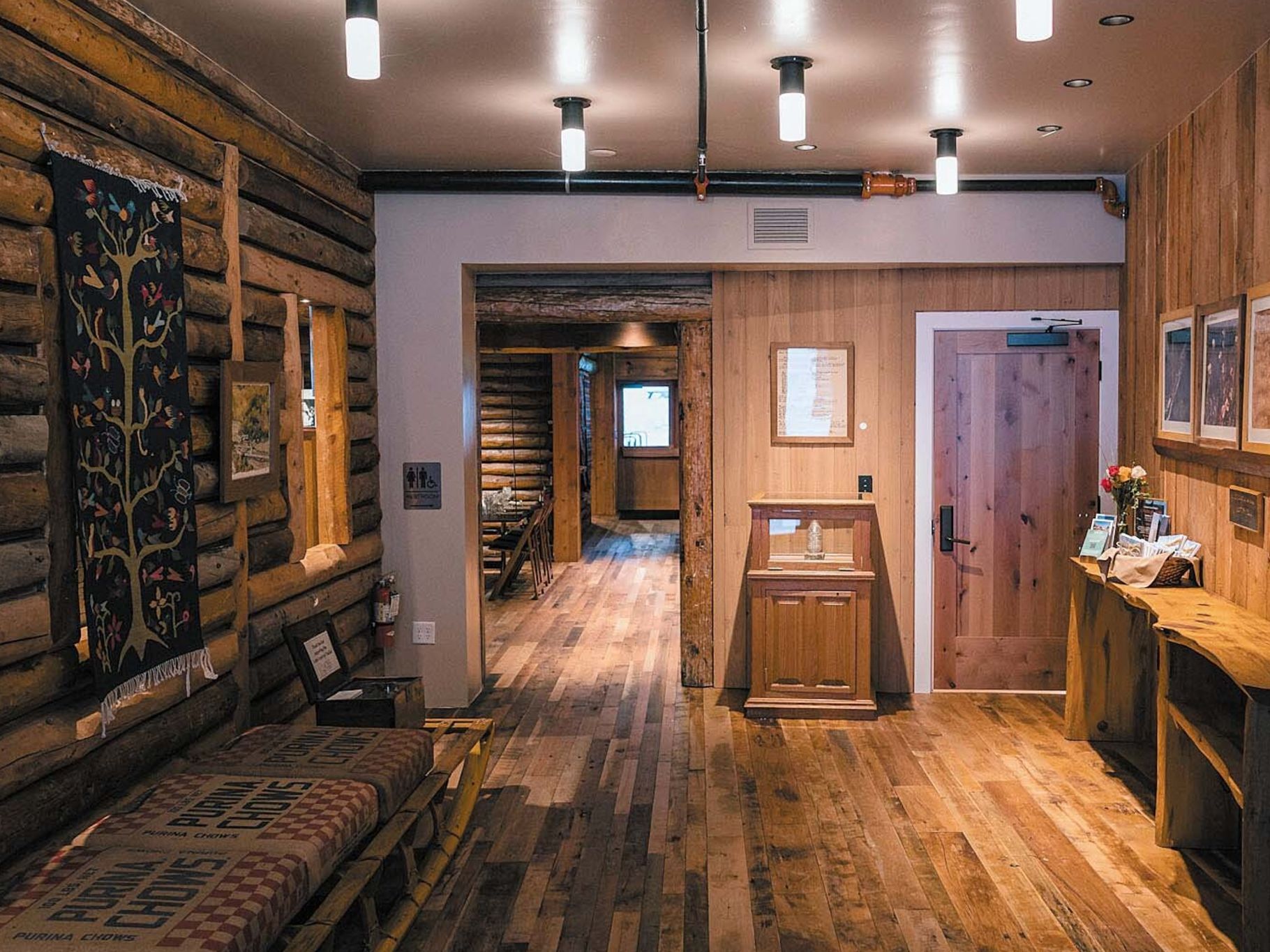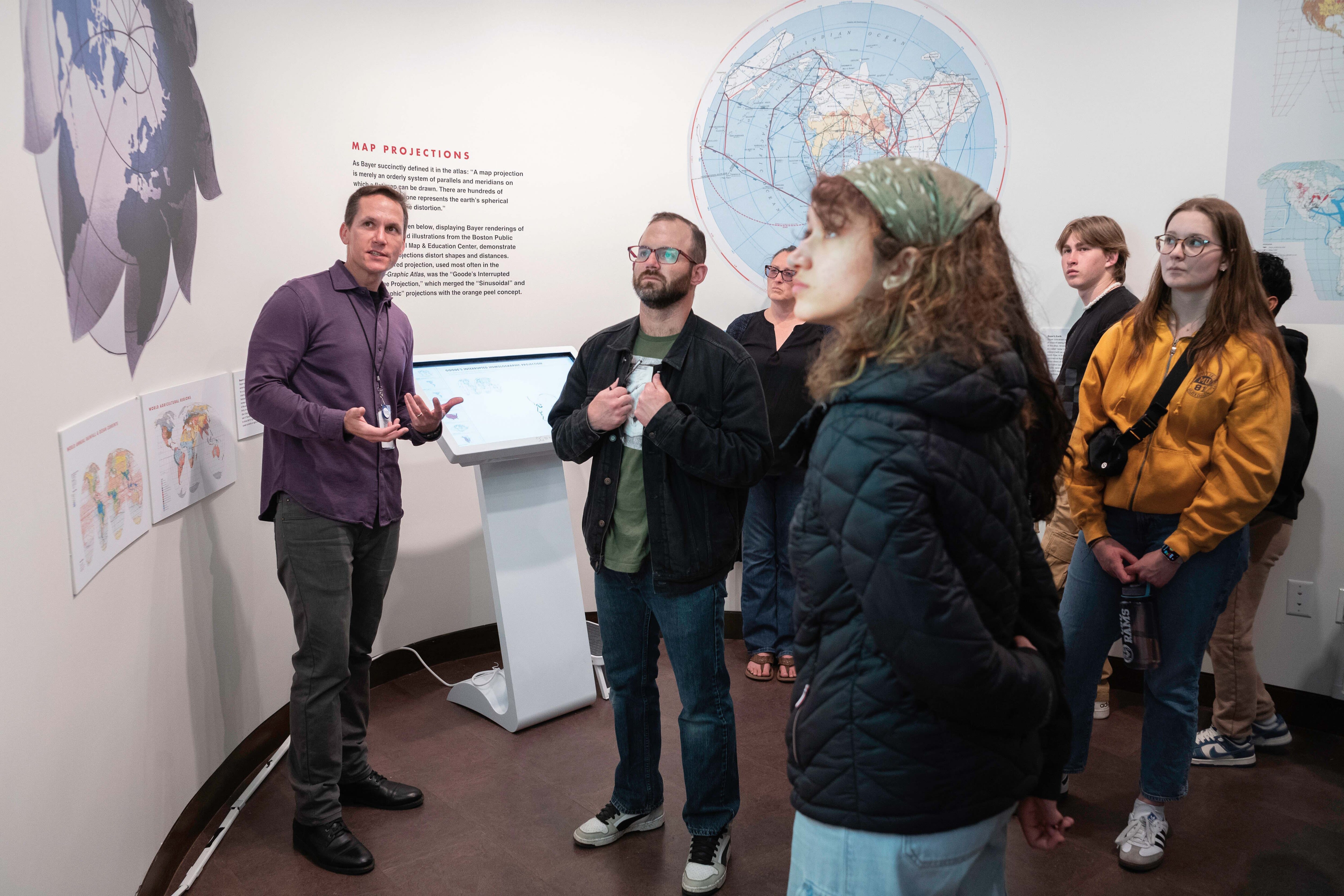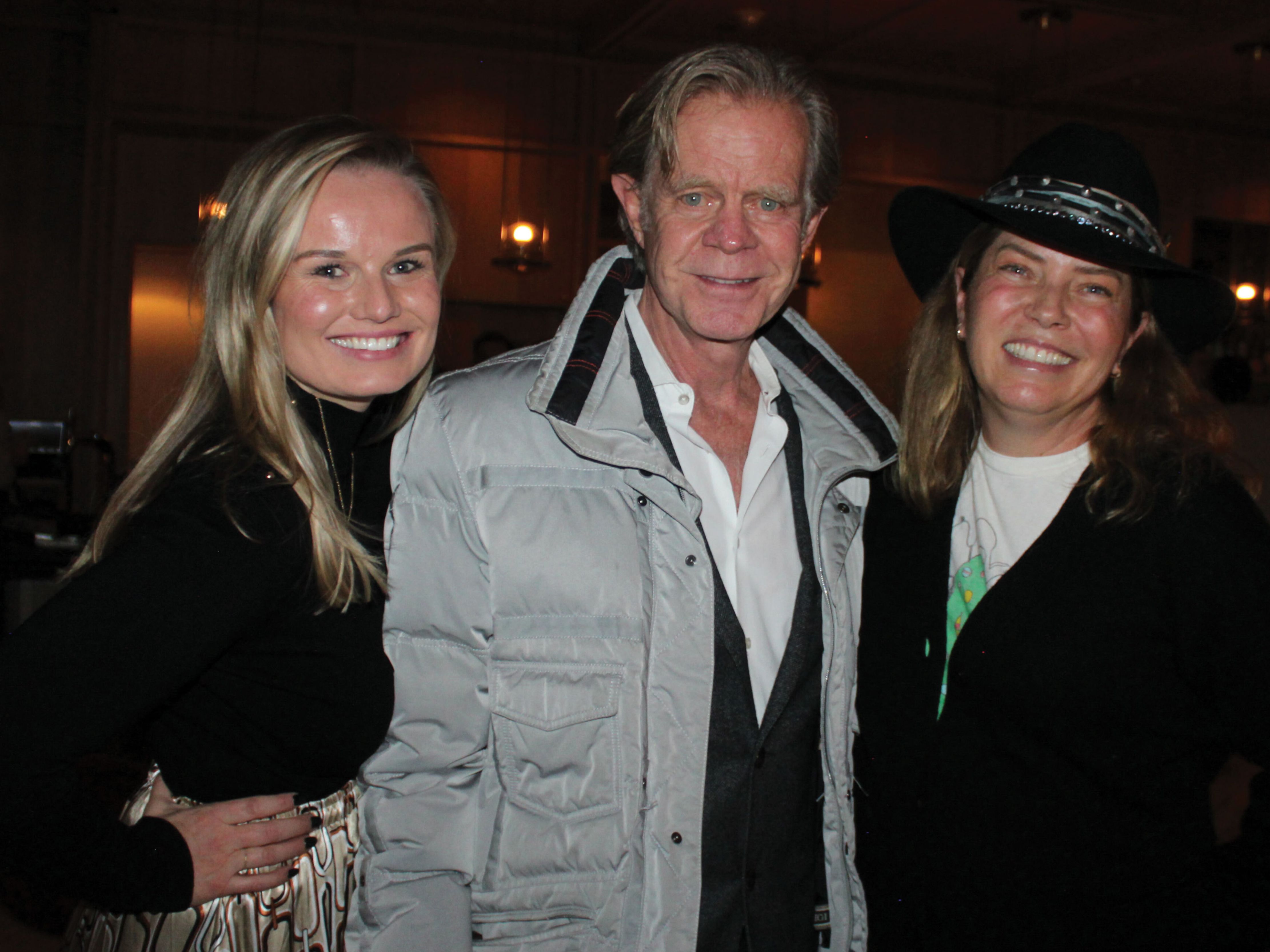Raising the Bartender
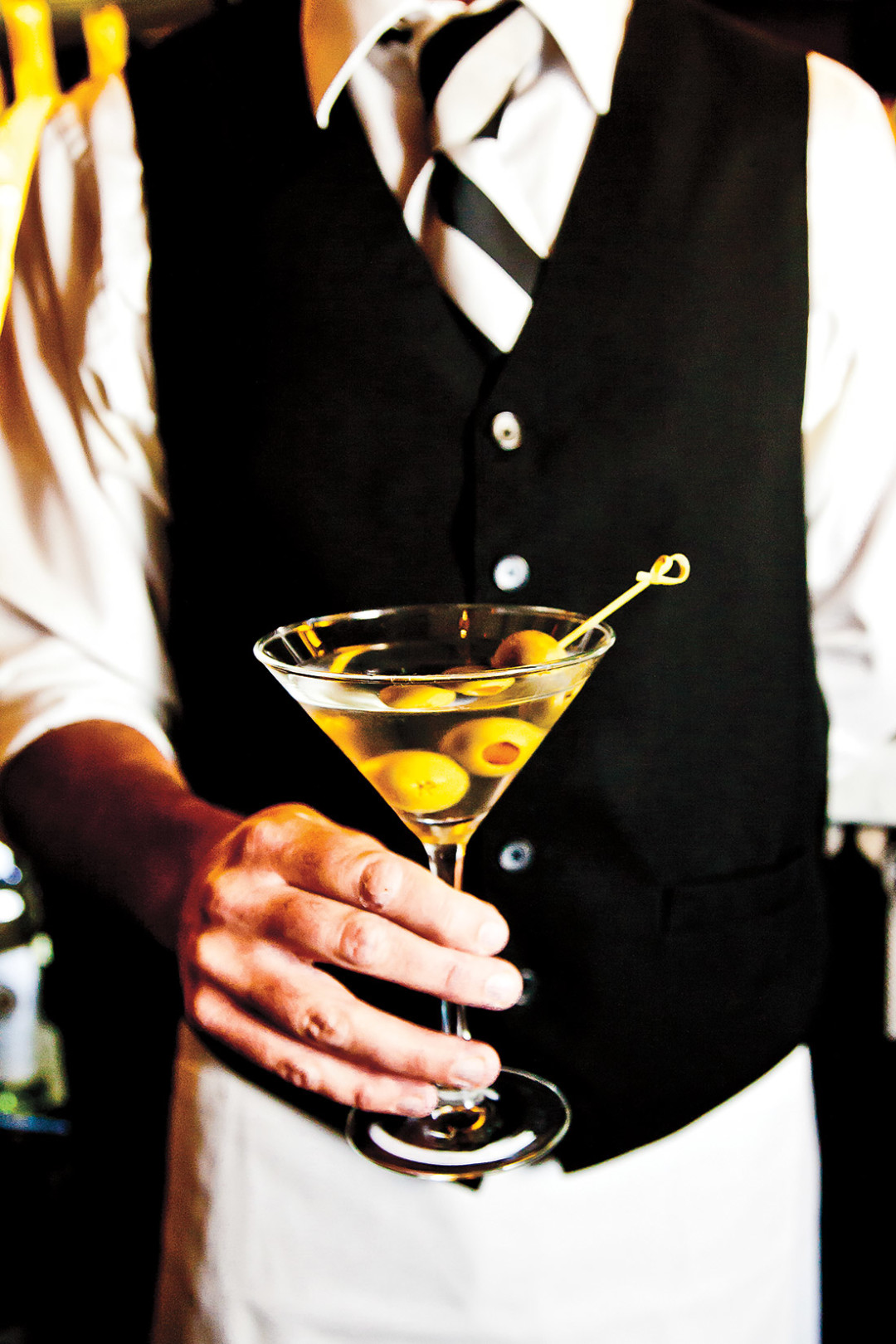
So you think being a good bartender means flirting with hot customers and twirling a bottle of rum like Tom Cruise in Cocktail? Well, not exactly.
At Aspen’s best restaurants, bartending skills merely begin with the basics of mixology. Great bartenders have to care passionately about superb food and beverages, and constantly want to learn more about them. At Chefs Club, with its rotating lineup of Food & Wine magazine’s Best New Chefs and their unique dishes, this is a continuous challenge. This summer, for example, kitchen luminaries such as Paul Qui from Austin, Texas, Cara Stadler from Portland, Maine, and Greg and Gabrielle Denton from Portland, Oregon, are offering everything from a salad with sweetbread croutons to a cheddar ice cream sandwich. Clearly, this is a not a place where bartenders can fake a little enthusiasm and bat their eyelashes.
To get some insights into finding and training top-notch bartenders, we bellied up with Chefs Club head barkeep Mattias Horseman. Energetic and articulate, the twenty-three-year-old Englishman is so deeply immersed in bar culture that his thesis for his psychology degree was titled “A Multidimensional Analysis of a Bartender’s Role.”
1. Choosing the right person
“The interview is more important than the résumé. I look for social and emotional intelligence and how they will fit in with the rest of the staff. Beyond that, we require a huge passion for flavors, in both food and drink. Being a bartender here is about understanding flavors and how and why they go together.”
2. Hands-on experience
“We can teach the basics. My training manual has a section on gin that alone runs over twenty pages, including detailed profiles of the top thirty brands. Beyond that, you learn by trial and error. Take stirring a cocktail. We’ll stir a martini just once, then see what that tastes like, then stir again and taste again. Eventually, you’ll know how much stirring is perfect—and why.”
3. Tasting obsessively
“We taste every special the kitchen prepares, every day, and everyone is encouraged to ask questions. We also try to get to know the guest chefs personally, to sense where they’re coming from. The goal is to be able to describe the how and why of a dish or drink, not just recite what’s in it.”
4. Learning judgment
“A bartender has to learn how to deal with the couple arguing at the bar, the people who’ve had too much, or the guy who insists his glass is not full enough. It’s not so much taking a specific action as it is tuning in to what each individual needs at that moment. There’s a Japanese expression, ichigo ichie, which essentially means ‘one encounter, one chance.’ To me, it basically means you have just one chance to create the best possible experience for a guest.”
